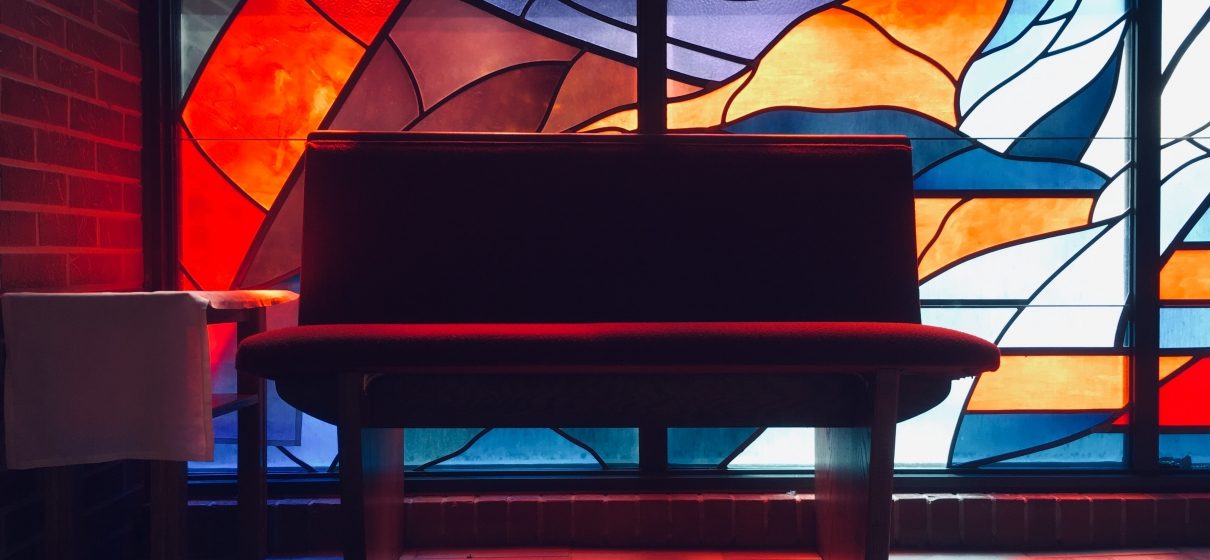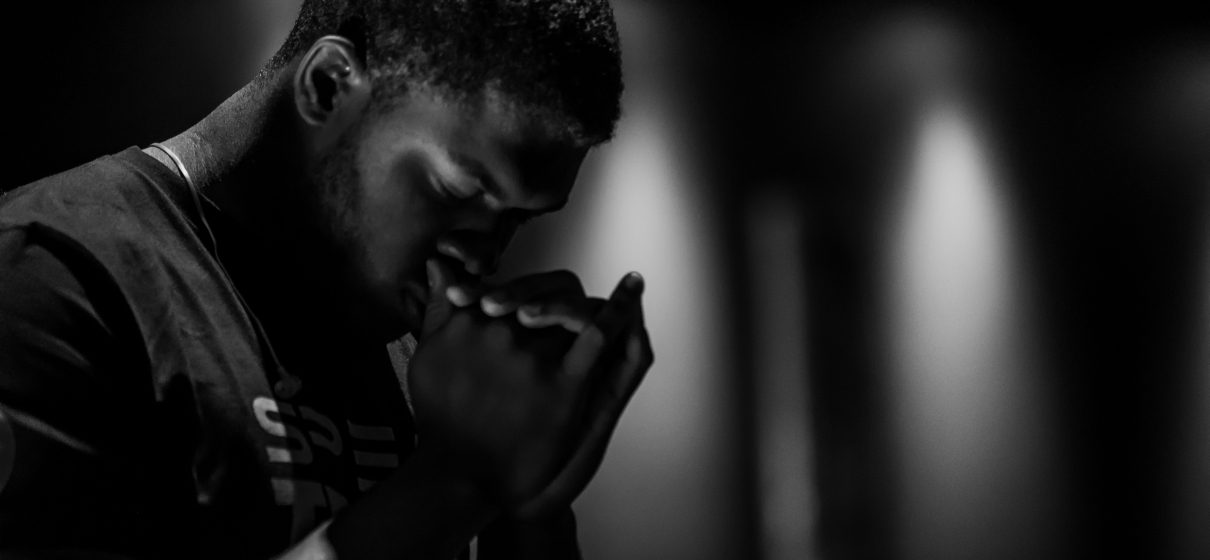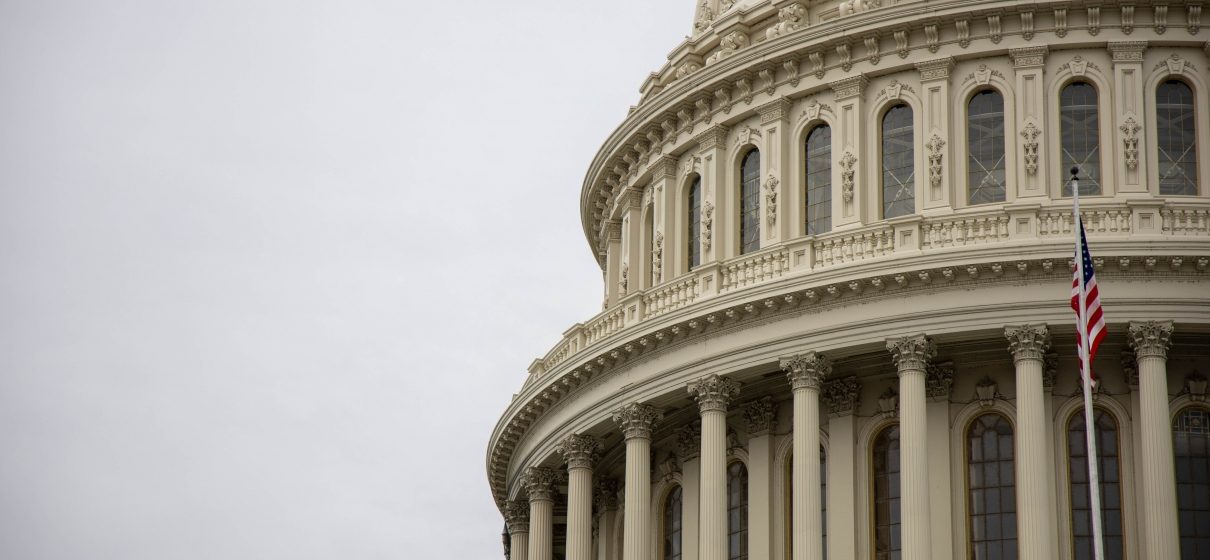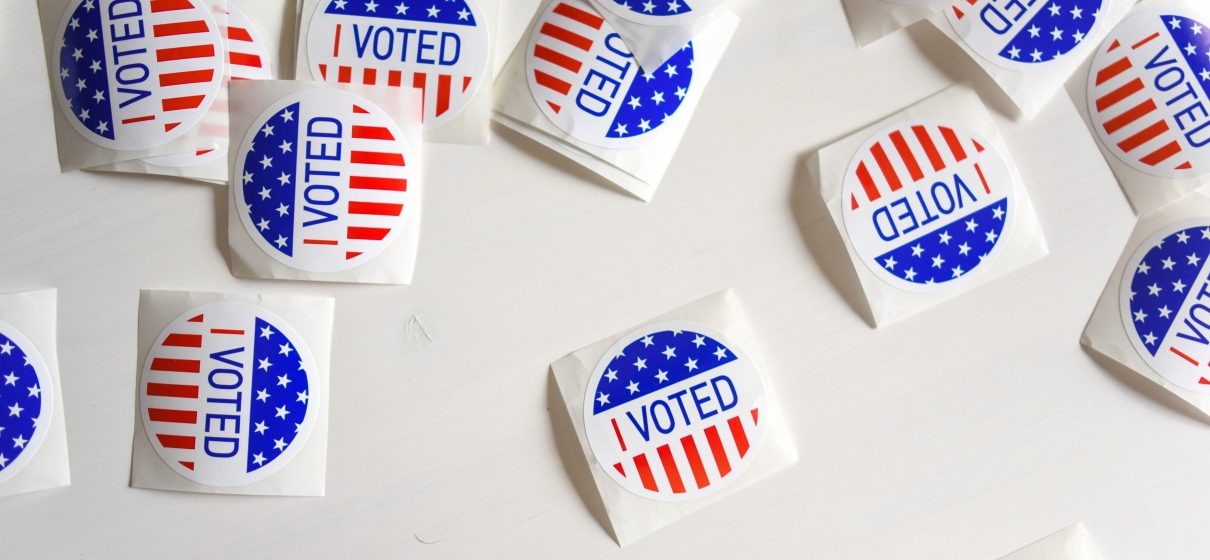Political issues in election years raise our blood pressure and hijack our dinner conversations. But that’s because we care about issues and the future of our country. Another conversation that regularly surfaces in this season is whether a local church should be political. In some churches, candidates stand at the pulpit and make promises to those in the pews. Some church leaders go so far as to endorse candidates. You won’t see either of those things happen at Clear Creek Community Church.
I want you to know why, so I want to restate something I said in an article some years ago about the attitude we take toward politics, parties, and candidates.
Whether or not you agree, I hope you understand. – Bruce
Are you a Democrat or a Republican? Maybe you’re an Independent. Which political party is the Christian party? Which political persuasion is right?
The Bible doesn’t say.
I know. You might be ready to fight over this one. After all, don’t Christians believe in caring for the poor? Don’t Christians believe abortion is evil? Don’t Christians believe in personal responsibility? Don’t Christians believe in social justice?
Each belief tends to be associated with one party more than another. Democrats are known for their emphasis on social justice. Republicans are known for their emphasis on personal responsibility. The Bible is clear that abortion, greed, racism, and oppression are wrong—each is sin. Each is associated with one party more than another. That’s why some Democrats says, “I don’t know how you can call yourself a Christian and vote Republican.” That’s why some Republicans say, “I don’t know how you can call yourself a Christian and vote Democratic.”
Part of the political gridlock and vitriol in America is reinforced by Christians who confuse their faith with their politics. Your blood pressure might have just gone up about ten points, but hear me out. I’m not saying that our faith does not influence all of our life, including our politics. I disagree with politicians that say their faith will not influence their politics; I would argue that if that’s true, their faith isn’t much good.
So then, what do I mean when I say it’s a problem to confuse faith with politics?
Your political persuasion is about a philosophy of government. What role does the government play in a society? For instance, Democrats often see the brokenness in our society as rooted in broken systems. Democrats emphasize the government’s role in addressing injustices and social problems through restoring broken systems, and thus, Democrats tend to want a larger government because they believe it will make for a better America.
On the other hand, Republicans often see the brokenness in our society as being rooted more in broken people than in broken systems, so they emphasize a smaller government that calls upon personal responsibility in the private sector to solve problems.
The Bible speaks to social justice and personal responsibility; it speaks to broken systems and broken people. But the Bible does not provide a template for which of those matters should or should not be addressed by the government. Christians are free to believe in large government or small government. And if you do not allow such freedom, you have confused your faith with politics. Some followers of Jesus are Republicans and some are Democrats because of their philosophy of the role of government in a society. But both must find their identity in Jesus Christ and not their political preferences. Both must look to scripture as the authority for what they believe and not to a party platform.
At Clear Creek Community Church, we do not endorse parties or candidates, and we don’t think any gospel-preaching church should. And it’s not because we are spineless or unwilling to take a stand. Listen up. This is our stand. The gospel of Jesus Christ is our message, and the timeless and eternal message of the gospel is too important to get lost amidst political conversations and preferences. If we go political, some will not hear the most important message in the world. Here’s the shorthand version:
“For God so loved the world, that he gave his only Son, that whoever believes in him should not perish but have eternal life.”
– John 3:16 (ESV)
An eternity from now, no one will be talking about who is president or which political party you prefer; everyone will be talking about Jesus and his amazing grace toward us.
Don’t confuse moral and ethical issues with political parties. The church must address moral and ethical matters, and some will misunderstand a moral stance as being political. Life is sacred, so abortion is murder. If someone interprets that as a political statement, they are exposing their worldview as being fundamentally political. With a Christian worldview, that’s a biblical position about the value of human life.
As we take a stand on issues, sometimes we will sound like a Republican and sometimes we will sound like a Democrat. For instance, we embrace justice issues that might make us look like a Democrat. We embrace personal responsibility issues that make us look like a Republican. Either way, we submit to the words of our true authority, Jesus, regardless of how that looks politically.
Let me be clear: Christians should be fully engaged in the political process.
We need Christians to be politicians. We must vote. We must pray about and seek to influence the outcomes of elections, laws and policies. But we must not think for a moment that politics is our ultimate hope. No matter who sits in the oval office, Jesus Christ sits on the throne in God’s eternal Kingdom.
He is our Lord.
He is our hope.










